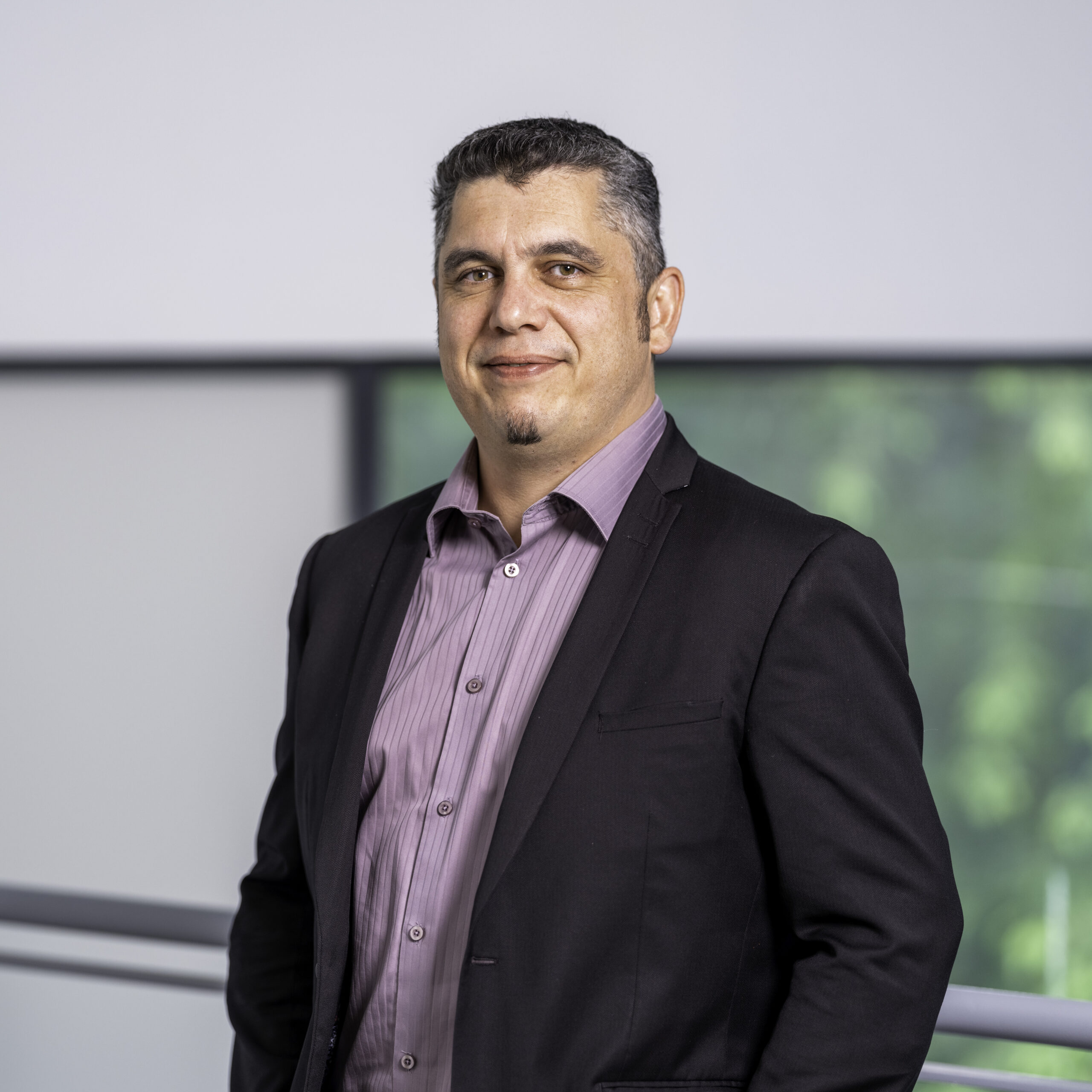Intellectual property and licensing
IRT Jules Verne develops innovative technologies through its research activities that contribute to create Intellectual Property (IP) assets. These technologies are promoted to companies involved in an innovation and development process in order to be deployed in their factories. This technology transfer leads then to operating licenses setting or transfer of intellectual property.
IRT Jule Verne’s strategy in terms of intellectual property includes: filing of patents, formalisation of secret know-how and protection of software resulting from R&D projects. Valorisation can be of many kinds: exploitation licenses, transfer of IP but also the launch of new national or European R&D projects, as well as contract research.
Patents and secret know-how
IRT Jules Verne files an average of 10 national and international patents per year and has a portfolio of more than 60 patent families on various topics: (End of 2021 figures)
|
Composites processes |
Metal processes |
Robotics-cobotics |
||
|
37 patent families |
|
9 patent families |
|
15 patent families |
|
|
|
|
With 12 published patent applications according to the INPI in 2020, IRT Jules Verne comes in first place of the TOP 10 legal entity applicants in the Pays de la Loire region and is also among the top 10 SME patent applicants in France.
IRT Jules Verne also develops secret technical know-how in addition to the patent clusters already in place.
Software
IRT Jules Verne sets up a strategy in order to protect software that are developed in the framework of R&D projects. These assets are subject to a deposit with the Agency for the Protection of Programs. They relate to several themes, including simulation (e.g. material behavior simulators), modeling of metal and composite processes, and supervision and control of robotic and cobotic tools.
Licencing
IRT Jules Verne actively supports the transfer of R&D projects results for an effective industrialisation. This transfer involves signing of operating licenses or intellectual property assignment contracts.
IRT Jules Verne offers simple, realistic terms and conditions that are known to all from the start of the project. To help technology transfer, IRT Jules Verne takes into account the typology of the partner (large group, SME, start-up) regarding the financial, exclusivity and deadline conditions. Members or partners of IRT Jules Verne benefit from privileged conditions of access to project results.
Since 2012, 12 operating licenses have been concluded (figure end of 2021) following various projects for multi-sector applications, in particular for the following technologies:
- Modeling and simulation tool for an industrial process of drawing metal alloys for aeronautical applications
- Numerical simulation software in hydrodynamics for shipbuilding and marine renewable energy applications
- Mobile cobotic base for assembly operations for aeronautics, automotive and wind energy applications
- Range of processes for the processing of thermoplastic materials for automotive applications
- Hybrid process combining mineral additive manufacturing and impregnation for the production of tools and parts for all application sectors
Collaboration with SATT Ouest Valorisation
IRT Jules Verne has strengthened its collaboration with SATT Ouest Valorisation to broaden the search for licensees for patents and know-how, particularly through the joint drafting of thematic files.
- Download the “Materials and processes for Industry 4.0” file
- Download the “Robotics and competitiveness of industrial sectors” file
Contact
 Nicolas CLUCHAGUE
Nicolas CLUCHAGUE
Transfert et Licensing manager
CONTACT





